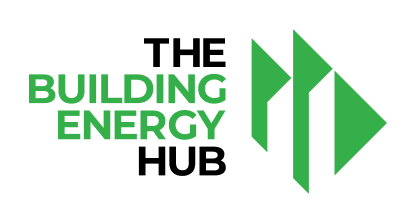Funding and Financing Guide
List of Services
-
Illinois PACE Programs
C-PACE is a financing program that provides long-term, fixed-rate financing to building owners for renewable energy, energy efficiency, water efficiency, and resiliency projects. C-PACE is secured through an assessment lien on the property and is repaid over time as a line item on the property tax bill. If the building changes ownership during the payback period, C-PACE does not accelerate or become due. Rather, payments transfer to the new owner. Building owners work directly with private sector lenders to provide up-front costs for projects.
Illinois PACE Programs
-
On-Bill Financing
ComEd and Nicor Gas, customers are eligible to receive loans up to $150,000 for energy efficiency projects in their buildings. The loan is repaid through an additional charge on the customer’s utility bill. Loans can be paid over 1-10 years with a fixed interest rate. There is no penalty for early payment.
On-Bill Financing
-
ComEd Energy Efficiency Program: Small Business and Facilities
ComEd customers that operate smaller businesses and facilities (peak demand under 400 kW) are eligible for incentives on energy-saving projects in their buildings. Building owners can submit an interest form and get matched with a ComEd-approved Service Provider that will complete an energy assessment, compile a list of recommendations, and coordinate project delivery. The Service Provider can also apply ComEd incentives to bring project costs down. The program applies to existing buildings looking to pursue energy efficiency upgrades.
ComEd Energy Efficiency Program: Small Business and Facilities
-
Nicor Gas Energy Efficiency Program
Nicor offers multiple resources for customers looking to complete energy efficiency projects. Businesses can receive free assessments and products, rebates for select energy efficiency projects, and custom incentives for projects that do not fall under the standard list of rebates. Nicor’s Emerging Technology program also seeks to bring new energy efficient technology into the market.
Nicor Gas Energy Efficiency Program
-
Peoples Gas Energy Efficiency Program
The Peoples Gas Energy Efficiency Program offers incentives for commercial customers to reduce energy consumption through efficiency improvements to their systems and equipment. The program supports commercial, industrial, and small and midsize businesses.
Peoples Gas Energy Efficiency Program
-
SomerCor SBA 504 Green Loan
The SBA 504 Green Loan program is designed to assist small businesses for the acquisition of commercial real estate and heavy machinery/equipment. The SBA 504 loan program can also be used to refinance certain qualifying fixed-asset debt, providing an additional opportunity for small businesses to take advantage of the long-term, fixed-rate financing of the program. The program, updated in April 2024, now has no cap on the total project size and offers loans up to $5.5 million per project. To qualify, businesses must either reduce energy consumption by 10%, generate 15% renewable energy, or use sustainable design. These loans support energy upgrades while helping businesses save on long-term energy costs and contribute to environmental sustainability.
SomerCor SBA 504 Green Loan
-
DCEO Equitable Energy Future Grant Program
The Grant provides seed funding and pre-development funding to equity eligible contractors to support energy efficiency (EE) and renewable energy (RE) projects.
DCEO Equitable Energy Future Grant Program
-
Illinois Climate Bank’s SSBCI Program
This program is designed to empower small businesses by improving access to capital, particularly in markets that have historically been underserved or subjected to discrimination. It places a strong emphasis on providing targeted support to Socially and Economically Disadvantaged Communities and Individuals (SEDI) and Very Small Businesses (VSB). Additionally, the program contributes to the Climate Bank Finance’s Participation Loan Program, further enhancing its capacity to address critical funding gaps and promote equitable economic growth.
Illinois Climate Bank’s SSBCI Program
-
Illinois Energy Office Affordable Housing Energy Grant
The Energy Efficiency Assessment Program provides funding to public housing authorities, local governments, or nonprofit organizations to conduct energy efficiency assessments at properties benefiting residents receiving housing assistance from a state or federal program.
A professional energy assessor or auditor conducts a site inspection and evaluates the residence to identify energy equipment, structural, and behavioral inefficiencies. Examples of recommendations found in the final report from an energy efficiency assessment can include installing programmable thermostats, adding insulation, or upgrading lighting fixtures.
Illinois Energy Office Affordable Housing Energy Grant
-
IL Energy Office Trust Fund Grant Program
The Energy Efficiency Trust Fund was established to benefit residential electric customers through projects determined to promote energy efficiency in the State of Illinois, with an emphasis on low-income households. The Illinois EPA Office of Energy will award funds for energy efficiency projects at properties benefitting residents receiving housing assistance from state and federal programs.
The IEPA Office of Energy has released a Notice of Funding Opportunity (NOFO) expanding eligibility for this program from single family residences to multifamily properties of up to 20 dwelling units and eliminating the requirement of location in an environmental justice area of concern. Upgrades must have been identified in an energy efficiency assessment conducted within the last 5 years.
IL Energy Office Trust Fund Grant Program
-
DCEO Small Business Capital and Infrastructure Grant Program
DCEO Small Business Capital and Infrastructure Grant Program | Applications open through April 7, 2025 for grants $10,000 - $245,000 for eligible project activities. Examples of eligible bondable capital and infrastructure projects:
Planning
- Architectural/engineering (A/E) design for construction or installation (schematic design to working drawings).
- Construction management and observation.
Land and Building Acquisition
- Costs for acquiring improved or unimproved property, including:
- Appraisal fees, title opinions, and surveys.
- Real estate and legal fees, title transfer taxes, and condemnation-related costs.
Buildings, Additions, or Structures
- New Construction: Build new structures or facilities.
- Additions: Expand existing facilities to increase capacity or services.
- Reconstruction and Renovation: Upgrade existing buildings, including:
- New walls, floors, ceilings, utilities, and finishes.
- Demolition and installation of furnishings or equipment.
- Exterior work (e.g., structural repairs, foundations) to extend the facility’s useful life.
- Roof Work: Removal and replacement of roofing systems to prevent water damage and ice formation.
Site Improvements
- Demolition or grading for new development.
- Construction or upgrades of sidewalks, curbs, ramps, and overpasses.
- Parking lot and road improvements, including resurfacing and extension.
- Landscaping and exterior lighting if part of a larger project.
DCEO Small Business Capital and Infrastructure Grant Program
-
Energy Efficiency Revolving Loan Fund (EE RLF) program. This initiative offers low-interest Bridge Loans to nonprofits, public entities, and commercial building owners in order to finance clean energy projects, such as building electrification, energy storage, and distributed generation, while addressing funding gaps caused by delays in receiving federal direct pay tax credits and Illinois Solar for All incentives. Apply for the EE RLF Bridge Loan here: Pre-application Link
Illinois Climate Bank Energy Efficiency Revolving Loan Fund
The Illinois Environmental Protection Agency (IEPA) and Illinois Finance Authority (IFA) are now accepting pre-applications for the
Illinois Climate Bank Energy Efficiency Revolving Loan Fund
-
179D Portal, which hosts two free tools to estimate potential federal tax deductions for installing eligible energy-efficient technologies in commercial buildings.
IRS Energy Efficient Commercial Buildings Credit
Building owners who place in service energy efficient commercial building property (EECBP) or energy efficient commercial building retrofit property (EEBRP) may be able to claim a tax deduction. The U.S. Department of Energy (DOE) has launched the
Energy-efficient technologies can increase building performance and save on utility bills. Now, the new 179D Portal can estimate how building upgrades can qualify building owners and designers for a tax deduction, to further impact the bottom line, with tax deductions ranging from $0.58 to $5.81 per square foot.
An increased deduction may be available for increased energy savings or meeting prevailing wage and apprenticeship requirements.
The deduction is allowed under Internal Revenue Code (IRC) Section 179D.
IRS Energy Efficient Commercial Buildings Credit
-
Illinois Solar for All
Residential Solar provides residents access to affordable on-site solar panels through Illinois Solar for All's (SFA) qualified and vetted solar companies called Approved Vendors. This state program also guarantees that participants will see savings on their energy bills.
Below are the most common financing and ownership options:
- Purchase of Solar Project: Participants purchase the solar project outright. The participant may take out a loan to finance the purchase.
- Lease of Solar Project: Participants lease the project, which is on their property but owned by someone else.
- Purchase of Electricity from the Solar Project: Participants purchase electricity generated by the solar project through a Power Purchase Agreement (PPA). The project is on the participant’s property but is owned by someone else.
Illinois Solar for All
-
Critical Service Provider is a non-profit or public entity that offers critical services to income-eligible or disinvested communities. View the list of Critical Services Providers to see if your type of organization is qualified.
Illinois Solar for All
Illinois Solar for All is a state program that makes solar energy more affordable for income-eligible residents and the organizations that serve them. Eligible participants can receive affordable solar installations or community solar subscriptions and save money on electric bills. The program ensures that participants work with qualified and vetted solar companies, called Approved Vendors.
A qualified
Organizations have the following financing options:
- System Purchase: Your organization purchases the solar system, and its energy is credited to your electricity bill.
- System Lease: Your organization leases the solar system, and the energy it produces creates credits on your electricity bill.
- Power Purchase Agreement: Your organization purchases the electricity from the system owner. The project is on your organization’s property but is owned by someone else.
Illinois Solar for All
-
SomerCor Small Business Improvement Fund
The City of Chicago’s Small Business Improvement Fund (SBIF) promotes economic development by providing small businesses and property owners with reimbursement grants for permanent building improvement costs. Residential projects are not eligible.
The SBIF grant is funded by local Tax Increment Financing (TIF) revenue and is made available to business and property owners located in the SBIF-eligible TIF districts citywide.
SBIF applications must be submitted during monthly rollout periods for individual TIF districts. To see upcoming dates, click learn more below.
SomerCor Small Business Improvement Fund
-
ComEd High Performance Design Incentive
ComEd offers financial incentives to achieve green building certification and incorporate high-performance energy efficiency measures.
This ComEd program provides comprehensive energy solutions for new construction and major renovation projects. ComEd New Construction offering makes it easy to design for greater energy savings. It provides solutions that can help your facility generate long-term energy and cost savings.
You can push your design further by consulting with experienced technical experts at no cost and receive one-time financial incentives for new construction or major renovations designed to exceed energy code requirements. Major renovations are eligible if including significant beyond-code upgrades to at least two major building systems.
Additional funds are available for lead design firms that actively engage with the program. ComEd provide recommendations, assistance, and financial incentives for energy-saving improvements to all major building systems—envelope, HVAC equipment, lighting, commercial refrigeration and more.
ComEd High Performance Design Incentive
-
ComEd Facility Assessments
ComEd can help find energy-saving opportunities, whether it's lights, HVAC system, chillers or motors. When scheduled, an approved energy engineer will either conduct an in-person or virtual Facility Assessment. There, they will spend approximately two hours with you assessing your facility to identify energy-efficiency opportunities. Within three to four weeks, you will receive a report detailing energy efficiency projects that you can start working on immediately. Each recommendation will include estimated energy savings, cost savings, project cost, potential incentives and simple payback.
ComEd Facility Assessments
-
ComEd Energy Efficiency Program
The ComEd® Energy Efficiency Program new construction offering provides solutions that can help your facility generate long-term energy and cost savings. The earlier in design you enroll your project (at concept development or schematic design phase), the better results you’ll realize.
ComEd Energy Efficiency Program
-
ComEd Retro-Commissioning
ComEd's Retro-Commissioning (RCx) Program is designed to help commercial, industrial, and public sector customers in northern Illinois optimize their building systems for improved energy efficiency and reduced operational costs.
Participants can expect average energy savings of 5–15% of annual usage. The program offers fully funded engineering studies to identify low-cost operational improvements with simple paybacks of less than 18 months, in addition to other performance-based incentives and additional incentives for select communities.
ComEd Retro-Commissioning
If you have questions about any funding and financing tools, reach out to the Hub help desk at 855-520-7693 or submit an inquiry here.


